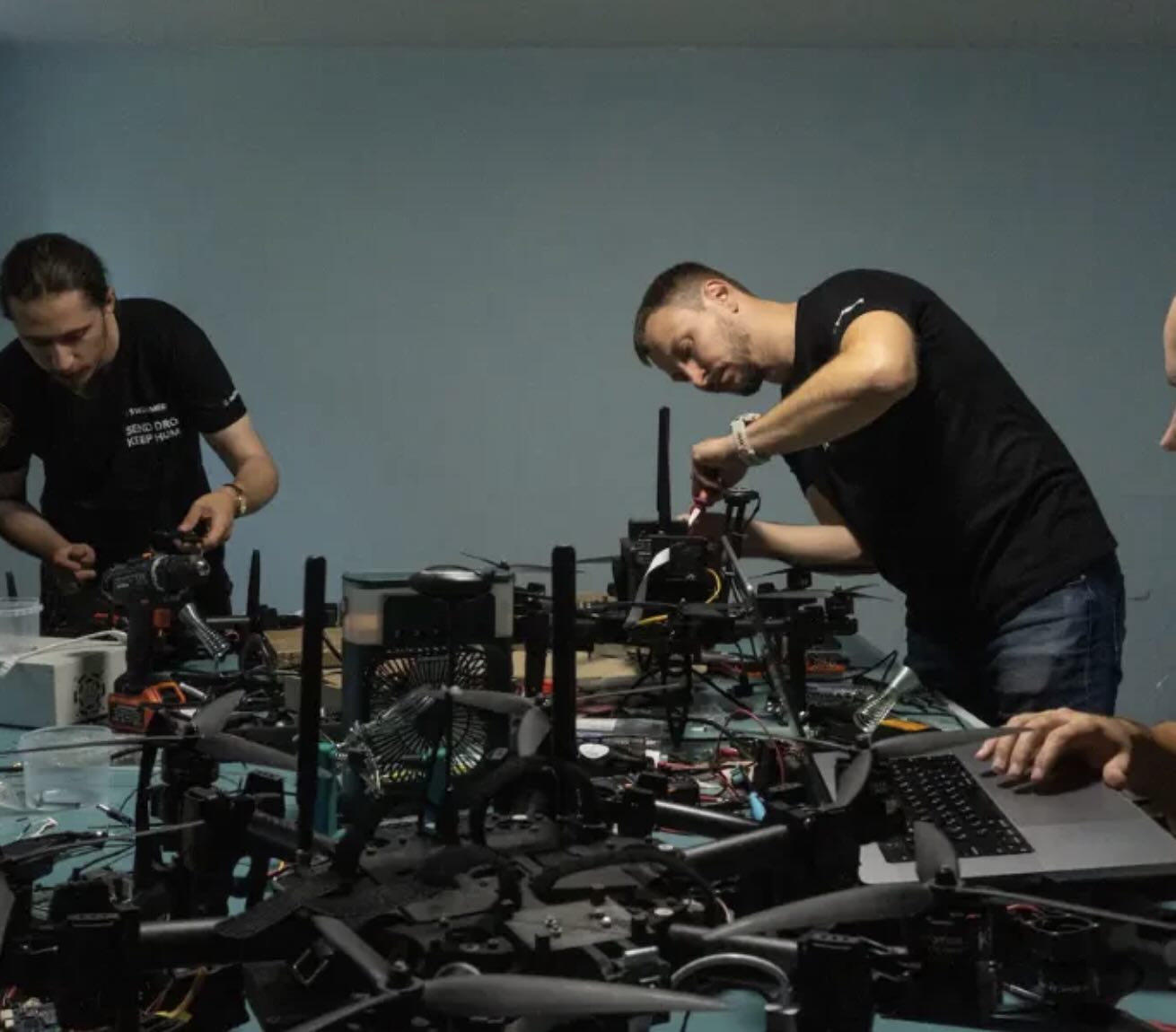


The capital will support scaling of the company’s edge artificial intelligence platform for explosive threat detection and force protection, with early deployment focused on Ukraine and allied European users.
According to the company, the raise targets a capability requirement identified by NATO members: offline, sovereign threat detection that functions without reliance on cloud infrastructure in contested electromagnetic environments. Dropla says its proprietary edge architecture keeps sensitive intelligence under direct command control while providing real-time detection and geolocation of landmines, unexploded ordnance (UXO), improvised explosive devices (IEDs), and ambush drones. The firm cites precision of under 15cm within the Front Edge of Battle Area (FEBA).
Dropla reports that its models have been trained and validated on a multi-year dataset collected in Ukraine. It operates what it describes as Europe’s most comprehensive landmine detection dataset, supported by a dedicated test range containing more than 170 confirmed explosive targets. The company states that field conditions cannot be replicated reliably in laboratory settings and are essential for robust model performance.
Jeppe Christiansen, chief executive of Maj Invest, said: “We are proud to back Dropla and its life-saving, AI-based explosive threat detection capabilities. This investment reflects our dedication to investing in, and strengthening, the Danish and European defence sector.”
At product level, Dropla’s Blue Eyes edge-complex processes video feeds on a ruggedised compute node at the tactical edge. By embedding inference directly into fielded hardware, the system is designed to reduce dependency on long-range data links and to operate when GPS and communications are degraded or denied. The accompanying software provides real-time visualisation of detections, tools for post-mission analysis, and export into command-and-control and GIS workflows.
“In active conflict environments, we are delivering immediate life-saving capabilities by reducing the risk of loss of life and injuries from explosive threats and ambush drones deployed within the FEBA zone,” said V’yacheslav Shvaidak, Dropla Tech’s co-founder and chief executive.
The company cites support from Danish and Ukrainian defence establishments. Ukraine’s Ministry of Defence has supplied operational requirements derived from battlefield conditions, shaping the product roadmap. The announcement comes amid Denmark’s broader commitment to Ukraine through the national Ukraine Fund; Copenhagen has earmarked DKK 60.4 billion in military support for 2023–2028, with the majority front-loaded in 2023–2025.
Louise Flyger, investment manager at EIFO, said the fund backs defence technologies with near-term operational relevance:
“Dropla Tech delivers life-saving innovation with real-world impact. Their edge-based threat detection technology not only strengthens Europe’s defence capabilities, but also addresses Ukraine’s urgent needs.”
EIFO previously highlighted support for Dropla’s export-oriented development in a 2024 update.
The €2.4 million round is intended to accelerate market entry across military and dual-use verticals. Beyond frontline route clearance and force protection, Dropla is positioning its technology for post-conflict recovery and humanitarian demining. The company’s Seer complex is a modular system that integrates aerial reconnaissance, ground robotics, multi-sensor fusion, and AI-enabled decision support for detection, confirmation, and neutralisation tasks. It is designed to scale from local site clearance to extended post-conflict missions.
Founded in 2023, Dropla Tech is headquartered in Odense with research and development in Ukraine. The firm states that it is pursuing European technological sovereignty in defence applications while supporting humanitarian demining standards. Final Frontier describes itself as a Nordic venture investor focused on space and defence technologies aimed at European strategic independence.
EIFO’s participation comes alongside Maj Invest and Final Frontier’s involvement in the pre-seed round. Dropla has also engaged with Denmark’s robotics ecosystem in Odense, where programmes support early-stage industrial and defence robotics. Company representatives say the new capital will expand production of Blue Eyes edge nodes, increase field trials with Ukrainian and European partners, and resource model updates through secure channels compliant with export-control obligations.
Terms of the transaction were not disclosed beyond the headline amount. Dropla said it will prioritise delivery to Ukrainian partners and European users operating in degraded communications environments. The company intends to keep processing on the edge and under command control, reflecting a wider move towards autonomous battlefield technologies among NATO armies.
Starlink terminals on Russian drones raise fears of real-time targeting